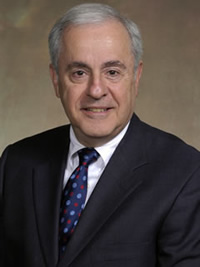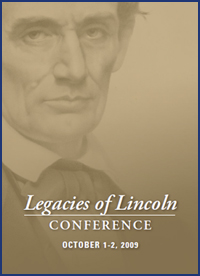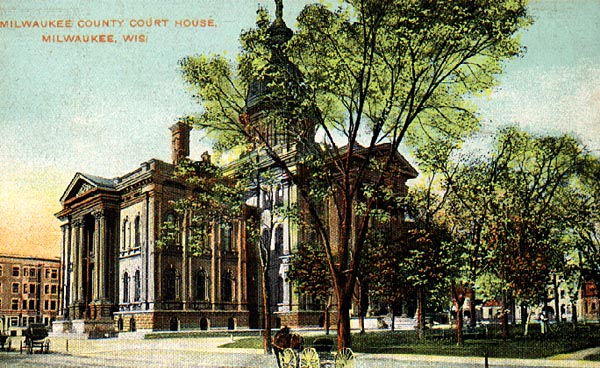Term Begins, Spector Appointed
 The Law School began its fall semester today, having welcomed through orientation the past two days both full-time (185) and part-time (34) students embarking upon their legal education. We welcomed—and welcome—as well a handful of transfer students. My beginning-of-semester letter to the community, with some information, I believe, of general interest about the Law School, is available here. Of course, in addition to our central function of helping students form themselves into Marquette lawyers, the Law School does a number of other things, in terms of both faculty scholarship and public service. In that latter regard, we have announced the appointment of Michael J. Spector as Boden Visiting Professor of Law for the next year or so, with a particular portfolio to lead the Law School in seeking to advance public-policy discussion concerning the future of the Milwaukee Public Schools (their governance, educational practices, and other matters). We have already done some related work over the past year, through the work of Mike Gousha, Distinguished Fellow in Law and Public Policy: for example, the televised discussion last spring concerning the governance of MPS, the debate between candidates for the superintendent of the Department of Public Instruction, and a discussion with Howard Fuller about the future of voucher schools. But I believe that there are ways in which the Law School can—consistently with our status as an educational institution that does not itself take positions on these sorts of issues—make a further meaningful contribution to advancing public-policy discussions concerning MPS. Mike Spector is unusually well-situated to lead this effort, with Mr. Gousha, other interested members of the Law School community, and the broader public. A noted education-law attorney and adjunct law professor, retired managing partner of Quarles & Brady LLP, and vice-president of the University of Wisconsin Board of Regents, Mr. Spector has begun to map out how the Law School can advance the public’s understanding of and participation in the many issues facing MPS. More information can be found in this press release. I am very grateful to Mike Spector for his commitment to the future of this region and to Marquette University Law School’s important role in helping to secure and shape that future.
The Law School began its fall semester today, having welcomed through orientation the past two days both full-time (185) and part-time (34) students embarking upon their legal education. We welcomed—and welcome—as well a handful of transfer students. My beginning-of-semester letter to the community, with some information, I believe, of general interest about the Law School, is available here. Of course, in addition to our central function of helping students form themselves into Marquette lawyers, the Law School does a number of other things, in terms of both faculty scholarship and public service. In that latter regard, we have announced the appointment of Michael J. Spector as Boden Visiting Professor of Law for the next year or so, with a particular portfolio to lead the Law School in seeking to advance public-policy discussion concerning the future of the Milwaukee Public Schools (their governance, educational practices, and other matters). We have already done some related work over the past year, through the work of Mike Gousha, Distinguished Fellow in Law and Public Policy: for example, the televised discussion last spring concerning the governance of MPS, the debate between candidates for the superintendent of the Department of Public Instruction, and a discussion with Howard Fuller about the future of voucher schools. But I believe that there are ways in which the Law School can—consistently with our status as an educational institution that does not itself take positions on these sorts of issues—make a further meaningful contribution to advancing public-policy discussions concerning MPS. Mike Spector is unusually well-situated to lead this effort, with Mr. Gousha, other interested members of the Law School community, and the broader public. A noted education-law attorney and adjunct law professor, retired managing partner of Quarles & Brady LLP, and vice-president of the University of Wisconsin Board of Regents, Mr. Spector has begun to map out how the Law School can advance the public’s understanding of and participation in the many issues facing MPS. More information can be found in this press release. I am very grateful to Mike Spector for his commitment to the future of this region and to Marquette University Law School’s important role in helping to secure and shape that future.

 This year marks both the bicentennial of Abraham Lincoln’s birth and the sesquicentennial of his visit to Milwaukee to speak at the Wisconsin State Fair. (Lincoln’s Milwaukee speech, delivered September 30, 1859, is
This year marks both the bicentennial of Abraham Lincoln’s birth and the sesquicentennial of his visit to Milwaukee to speak at the Wisconsin State Fair. (Lincoln’s Milwaukee speech, delivered September 30, 1859, is  Each May the
Each May the